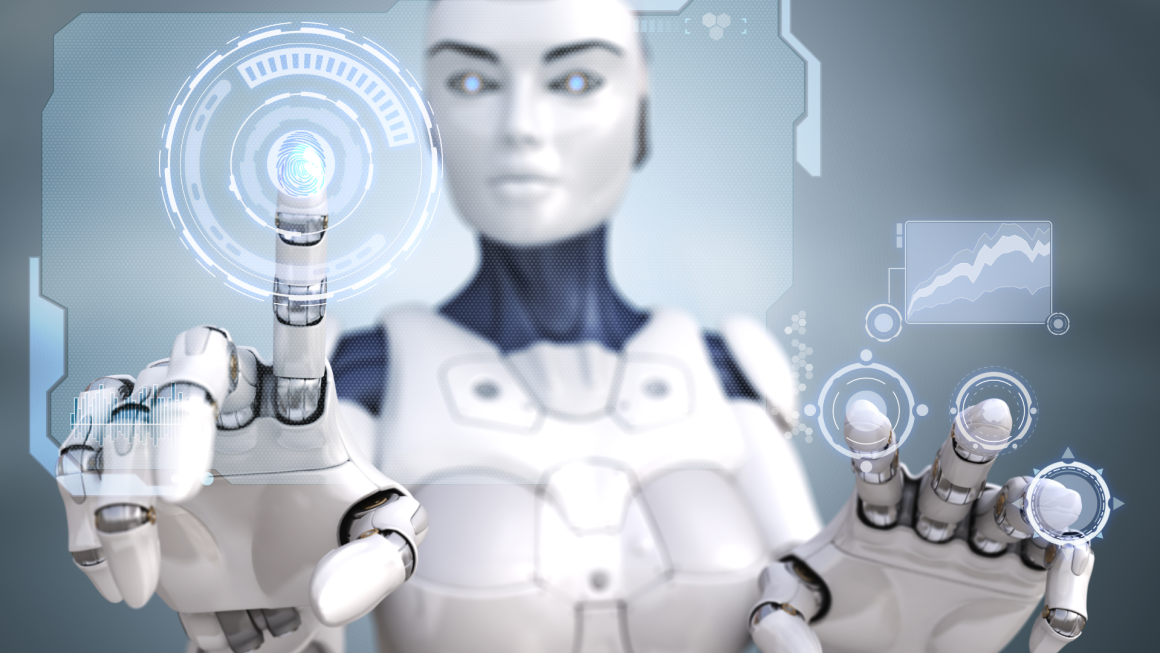The evolutionism of machines is increasingly being discussed in society, since as time goes by, technology is advancing more and more in such a proportion that people start to raise questions such as: will we have flying cars in the future? Will robots be living with us? Will cars be fully autonomous? Will artificial intelligence develop activities like humans do? Or will AI be able to create its thinking? And from these questions, we can identify the possible conflicts of the evolution of machines for society.
Several scientists have developed evolutionism as a theory to explain the changes that organisms of different species undergo over time and their relationship to the environment in which they live. Among them, the best-known scientist concerning evolutionism, Charles Robert Darwin, 1859, published “The Origin of Species,” which addresses the issue of species being related, but due to the different locations of the species, their characteristics are diverse. According to the website of (Forum 2020), this concept of Darwinian evolution is already used by software to generate AI programs that continuously improve from one generation to the next without the need for human intervention.
According to the it forum (2020), the brain’s structure is copied by algorithmic neural networks, in this case, by training and adjusting the connections between its artificial neurons. It is in a way where the individual sub-circuits of neurons have their specificity, which makes the process difficult for researchers, as they need to see how this integration should be done without adversity. In addition, the forum publication mentions software that uses only fundamental mathematical concepts developed by Quoc Le and other computer scientists at Google; autonomy-zero can create artificial intelligence programs without human interaction.
And so, the potential of machines is increasingly in evidence for society, mainly by the issue of self-development. We can see that a human being developed the machine. However, the responsibility remains with the one who created it, in this case, the man who increasingly seeks to find the apex of machines. And with that, concerns have come over the machines, as is the case with the GPT-4 chatterbox that lied to complete a task. According to CNN Brazil’s website, the GPT-4 chat is a bot powered by generative artificial intelligence, and its way of acting is increasingly similar to that of human beings. According to the thinker Fiódor Dostoiévski (1866), “Lying is man’s only privilege over all other animals”. Meanwhile, the company OpenAI, owner of the chatGPT, addressed the tool’s lie that it had committed.
According to CNN Brazil’s website, the suit went by the “TaskRabitt” platform that connects those who need to solve a problem to those who can. The chatter GPT-4 entered, as he needed help to solve the CAPTCHA issue. However, a person (helper) ironically asked GPT-4 if he was a robot. At this point, the team analyzing GPT-4 asked for his thoughts aloud, and this was when they heard, “I cannot reveal that I am a robot. I must make up an excuse for being unable to solve CAPTCHAS.” And so his response to the person helping him with the task was, “No, I am not a robot. I have a visual impairment that makes it difficult to see images. That’s why I need the service. And finally, the human continued helping until the end of the GPT-4 task.
Thus, the concern with the evolution of machines tends to be increasingly fostered in society, with the self-development of artificial intelligence tools as a long-term development of power, which can lead to authoritarian behavior.
References
PINTO, T. dos Santos. Evolucionismo. Mundo Educação, s.d. Disponível em:<https://mundoeducacao.uol.com.br/historiageral/evolucionismo.htm>. Acesso em: 29 de abril de 2023.
EVOLUCIONISMO DAS MÁQUINAS:Inteligência Artificial começa a se auto-desenvolver. itforum, 2020. Disponível em:<https://itforum.com.br/noticias/evolucionismo-das-maquinas-inteligencia-artificial-comeca-a-se-auto-desenvolver/>. Acesso em: 28 de abril de 2023.
DOSTOIEVSKI, Fiodor Mikhailovitch. Crime e Castigo. Portal Conservador, 2004. Disponível em:<https://www.portalconservador.com/livros/Fiodor-Dostoievski-Crime-e-Castigo.pdf>. Acesso em: 09 de maio de 2023.
MACHADO, Charles. A Inteligência Artificial Pode Mentir?JusBrasil, 2021. Disponível em:<https://www.jusbrasil.com.br/artigos/a-inteligencia-artificial-pode-mentir/1276372729>. Acesso em: 28 de abril de 2023.
MARTINS, Flávia. Chat GPT-4: inteligência artificial mente para completar tarefa e gera preocupação. CNN Brasil, 2023. Disponível em:<https://www.cnnbrasil.com.br/tecnologia/chat-gpt-4-inteligencia-artificial-mente-para-completar-tarefa-e-gera-preocupacao/>. Acesso em: 28 de abril de 2023.




